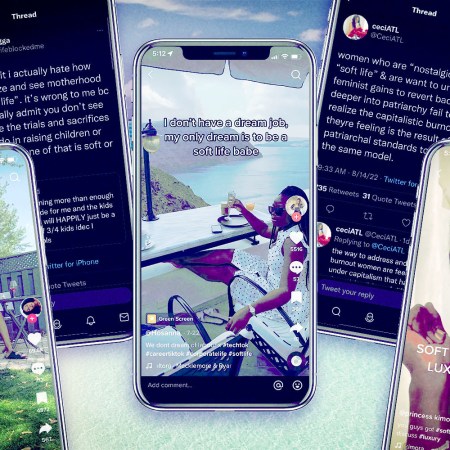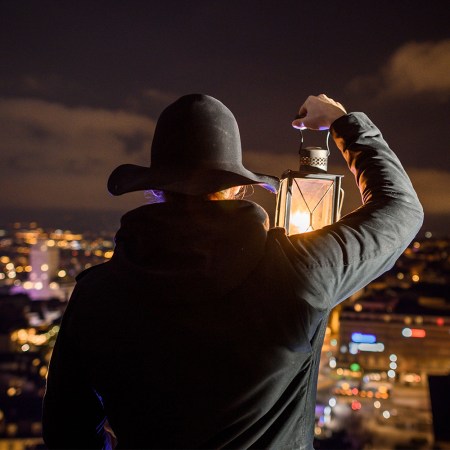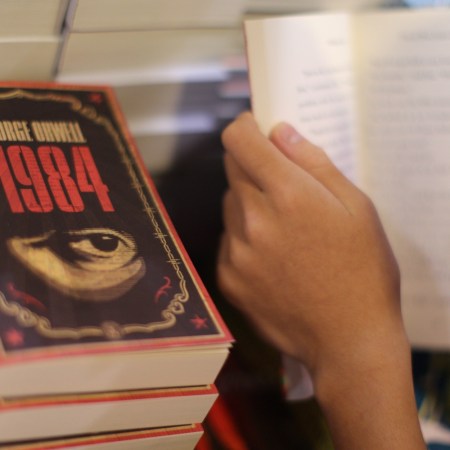In a recent essay for Harper’s BAZAAR, model and actress Emily Ratajkowski explored the complicated intersection of sexuality, gender and misogyny that has informed and reshaped her identity.
Beginning with the acknowledgment that, as a cis white woman, she enters these conversations with a certain level of privilege, Ratajkowski began to unpack many of the complex attitudes and influences, both societal and personal, that have contributed to her identity and public image.
The model traced the “sexiness” that has often been a recognizable facet of her personal brand to an early age, explaining that she had always felt drawn to what may be considered traditional symbols of a mainstream representation of female sexuality, such as makeup and lingerie.
“I’m positive that most of my early adventures investigating what it meant to be a girl were heavily influenced by misogynistic culture,” she wrote. “Hell, I’m also positive that many of the ways I continue to be “sexy” are heavily influenced by misogyny. But it feels good to me, and it’s my damn choice, right? Isn’t that what feminism is about—choice?”
Ratajkowski went on to explain how she managed to find power within the culture of shame and misogyny that often still surrounds female sexuality. “Despite all the uncomfortable remarks and warnings, being ‘sexy’ and occasionally hyper feminine grew into something that felt like strength to me,” she wrote. “And also, it just felt like me, which was ultimately the most satisfying feeling.”
While Ratajkowski has found power in sexuality, she noted that the rest of the world isn’t always on the same page. The model lamented that when she was arrested last year while protesting Brett Kavanaugh’s Supreme Court nomination, “the headlines were not about what I was protesting but instead about what kind of shirt I was wearing.” Even fellow feminists, wrote Ratajkowski, “made comments about my missing bra underneath my white tank and jeans.”
In a photo for the article, which appears in the September 2019 issue of Harper’s BAZAAR, the model bared her underarm hair in a statement against pervasive attitudes that tend to categorize her particular representation of beauty as “hyper femme,” which she called an “oversimplification of her identity.”
“Give women the opportunity to be whatever they want and as multifaceted as they can be,” she wrote. “Preconceptions be damned.
Editor’s Note: RealClearLife, a news and lifestyle publisher, is now a part of InsideHook. Together, we’ll be covering current events, pop culture, sports, travel, health and the world. Subscribe here for our free daily newsletter.
Thanks for reading InsideHook. Sign up for our daily newsletter and be in the know.



















